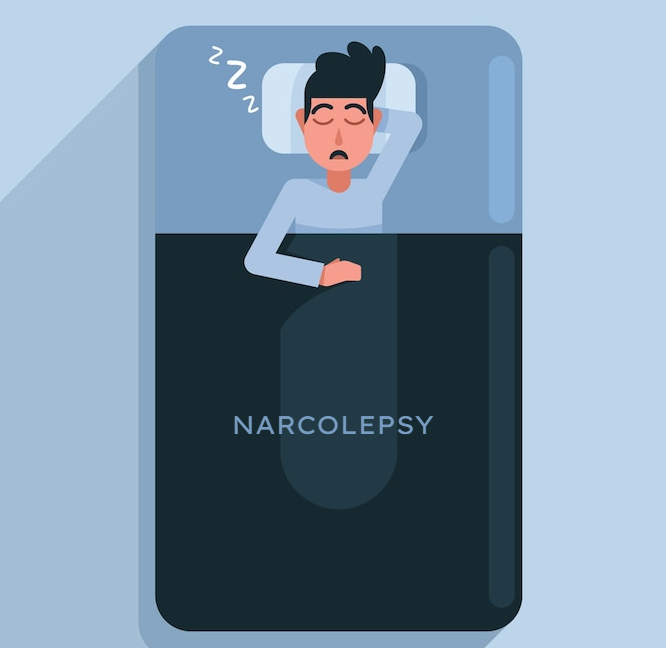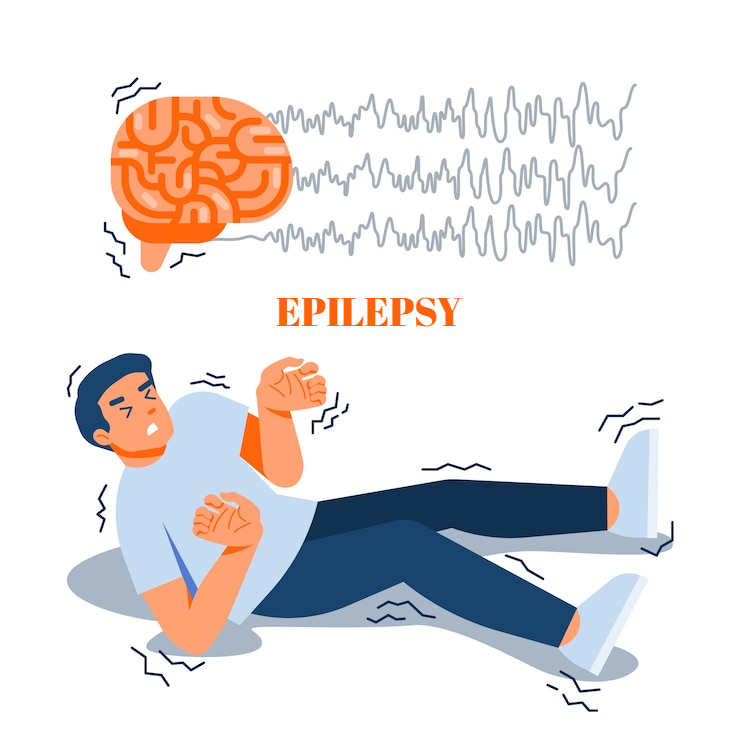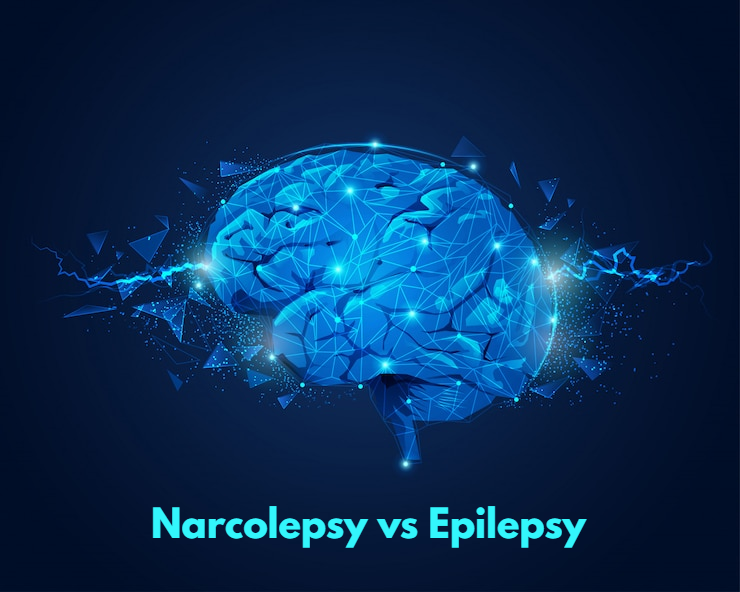Narcolepsy vs epilepsy is two different sleep disorders that can be difficult to differentiate Narcolepsy is a disorder of the nervous system that causes excessive daytime sleepiness while epilepsy is a disorder of the brain that causes seizures.
However, some key features are shared by these disorders, such as the presence of periodic bouts of cataplexy (a type of seizure) and hallucinations (seeing things that aren’t there). To understand the difference between narcolepsy and epilepsy, read on!
Definition of narcolepsy
Narcolepsy is a sleep disorder that causes people to have episodes of Drift off (or daydreaming). These episodes can last from seconds to hours and may include hallucinations, muscle weakness, and confusion. Seizures can range from mild to life-threatening, and often result in impaired function or death.

Symptoms of narcolepsy
Narcolepsy vs epilepsy share some common symptoms. However, they also have some key differences. Symptoms of narcolepsy can include:
- lapses in attention
- hallucinations
- disrupted sleep patterns
- Sudden fall asleep without warning
Definition of epilepsy
Epilepsy is a disorder of the brain that causes seizures. It’s serious and typically requires more treatment than other types. Epilepsy can be debilitating, and can even lead to long-term complications like memory loss and paralysis. If you or someone you know is looking into their health, it’s important to get more education on the condition and seek help from a medical professional.

Symptoms of epilepsy
Two conditions that share a lot of similarities, narcolepsy vs epilepsy, can be difficult to differentiate. Epilepsy causes a variety of symptoms, including
- Seizures
- hallucinations.
- loss of muscle control
- muscle weakness
- abnormal electrical activity in the brain
- structural abnormalities in the brain
Treatment of narcolepsy vs epilepsy?
Both conditions cause people to have uncontrollable episodes of sleepiness, which can be quite disruptive. For narcolepsy, there are many treatments available that depend on the severity of the problem. Epilepsy, on the other hand, is more difficult to treat. However, there are many options available, and it typically depends on the severity of the seizures. Both conditions can be difficult to diagnose, so it’s important to see a doctor if you’re experiencing any unusual symptoms.
Frequently Asked Questions
Are there any similarities between narcolepsy and epilepsy that make them both difficult to diagnose?
There are some similarities between narcolepsy and epilepsy that make them both difficult to diagnose. These conditions are caused by a dysfunction in the brain that disrupts the regulation of sleep.
People with narcolepsy experience vivid hallucinations, which may interfere with daily life. Additionally, people with epilepsy may have difficulty speaking or walking because of their seizures.
Conclusion
Narcolepsy and epilepsy are two of the most common sleep disorders. However, despite their similarities, they have several key differences that you need to be aware of.
- First, epilepsy is a disorder of the brain that causes seizures. These seizures can vary in severity and duration and can be focal (in one part of the brain) or generalized (in multiple parts of the brain). Narcolepsy, on the other hand, is a disorder of the sleep-wake cycle that causes people to become drowsy during the daytime.
- Second, while both narcolepsy and epilepsy may cause symptoms such as hallucinations and daytime sleepiness, narcolepsy is more often associated with cataplexy – a sudden onset of muscle

















